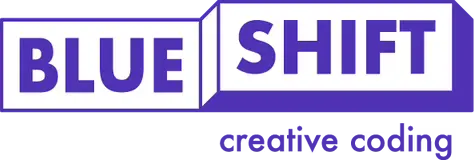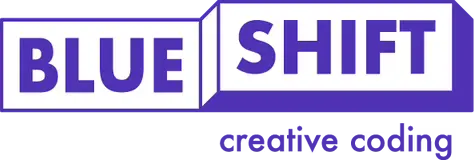Who Was Ada Lovelace?
When it comes to girls in tech, the UK is a forward-thinking country, but sadly even today, far fewer girls than boys study computer science to GCSE level. The Guardian reports that just 21.4% of entrants for the subject were girls in 2020. The number of girls who go on to take up a career in the tech industry remains stubbornly low, at around 17%.
Yet one of the most inspiring figures in the history of computer coding was a woman named Ada Lovelace. The gifted mathematician was born on 10 December 1815, the daughter of the poet Lord Byron and Annabella Milbanke.
One of the most crucial factors to Ada’s success was her mother’s insistence that she was taught logic, mathematics, and science from a young age, which, as BBC Newsround explains, was rare for female education at the time. The young pupil proved to have a natural aptitude for technology, which her mother thought was more suitable than poetry.
She met the inventor and engineer Charles Babbage in 1833, and was fascinated by his plans for a device called the mechanical engine, which was considered to be an early prototype of a computer. Although it never existed in physical form, Ada wrote copious notes about the machine, foreseeing the potential for it to be operated by codes.
Although her work was published in a science journal in 1843, the first modern computers were not built until the 1940s. It is thought that the code-cracking mathematician Alan Turing was influenced by Lovelace’s work.
Despite the inspiring story of Ada Lovelace, gender bias is still prevalent across STEM subjects. The Guardian article reports on teachers’ experiences, who say that extracurricular activities with a creative approach are vital to draw more girls towards science and tech.
The report suggests that STEM clubs, girl gamers, and talks by women who work in the tech industry can all help to inspire today’s girls to pursue the subject at GCSE and beyond.
If you are looking for half term coding courses in London, please get in touch today.






